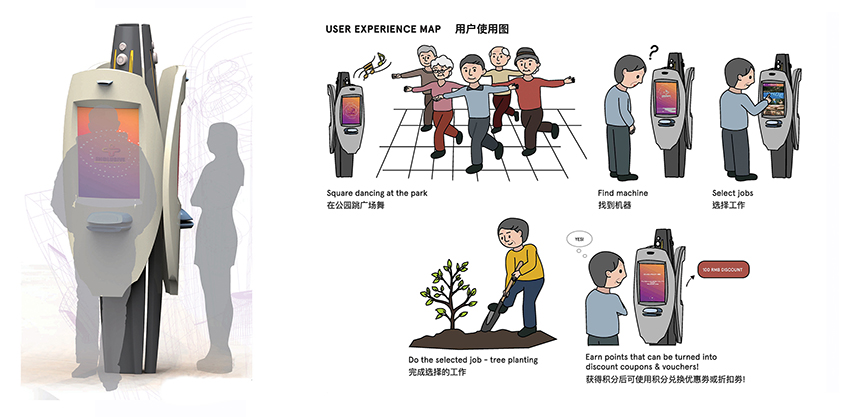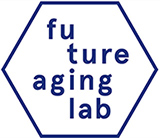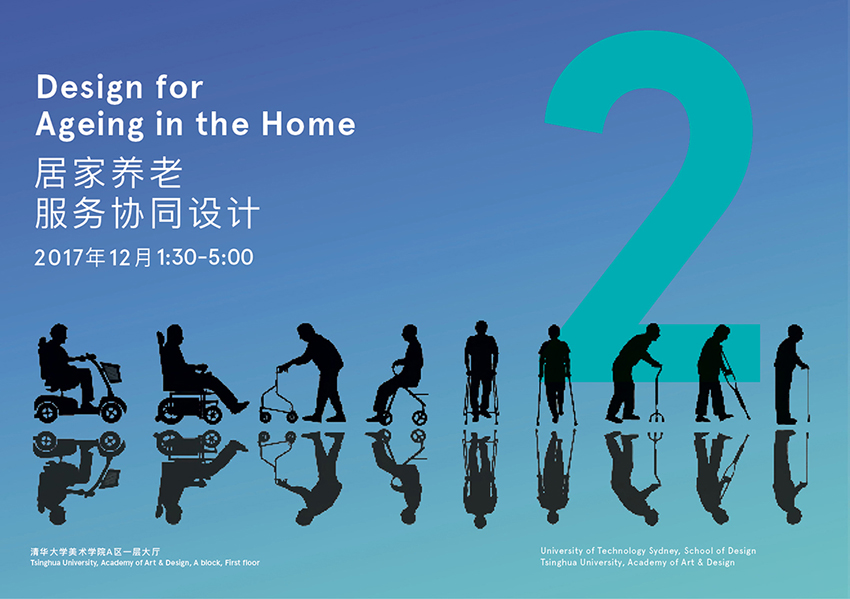
As part of FutureAging Lab 2, a group of 28 university students from Australia, China and Italy collaborated in Beijing on developing new insights, products, service and system innovations to assist the elderly and their communities. Students came from both undergraduate and post-graduate level from the University of Technology (Sydney), Tsinghua University (Beijing) and Politecnico di Milano (Italy).
On the leadup to the intensive lab in Beijing, students in both countries conducted parallel design research on the themes of Ageing in the Home, in the Community, in Aged Care Facilities and Ageing, Healthcare & Policies ageing and mental and physical health issues affecting older citizens in their respective countries. Research involved literary reviews and qualititative research with the local community.
In Beijing, the interdiscisplinary and cross-cultural teams defined a research question and immersed in field research to discover insights, painpoints and needs. The lab leader facilitated a co-design session with students and elderly in a local ageing community service centre.
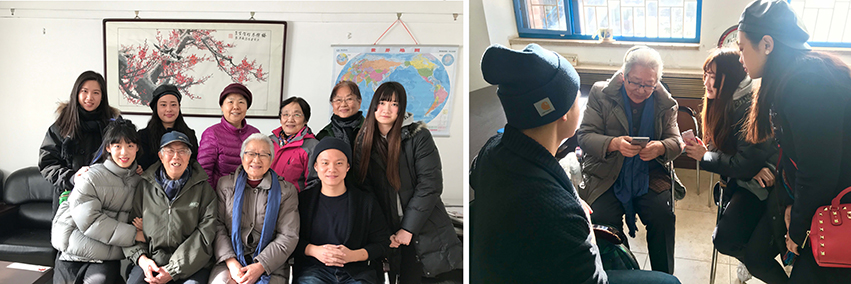
The research themes of the lab focused on Physical and Mental health issues: Mobility, Memory loss, Oral health, Retirement Transition, and Loneliness. Below is a summary of an example research and project solutions which investigated loss of identity experienced by older people in retirement.
Retirement Transition
How might we help elderly who have just retired find their value and place in society again?
The results of a survey conducted with 100 elderly in Beijing showed that 70% feel empty,
69% feel anxious, 41% lose self-confidence and 22% feel meaningless in life. This solution
responds to the challenges faced by retired seniors.
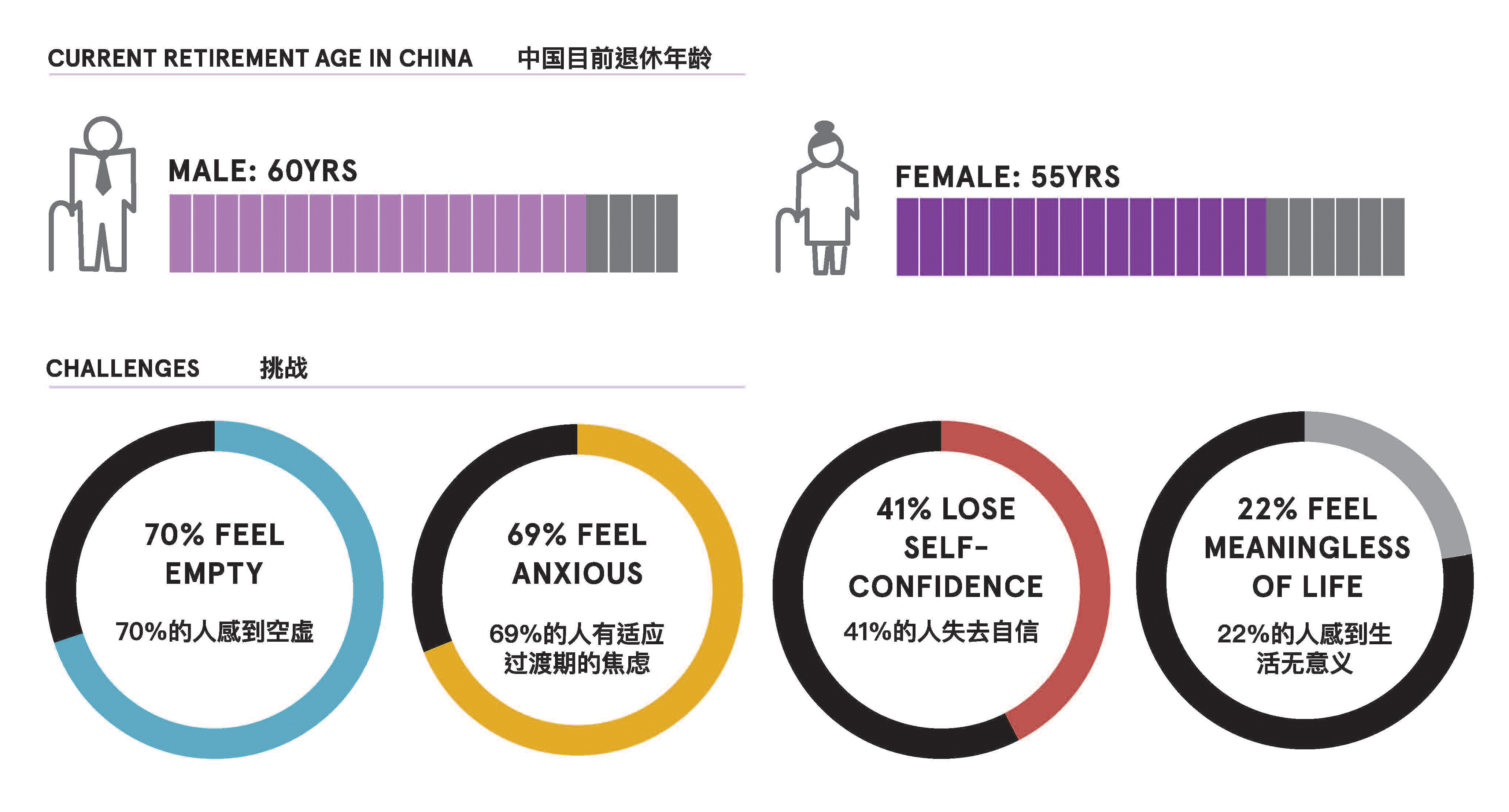
Inclusive is a retirement transition solution which aims to help young to mid-old seniors to
find their value and place in society again. Through finding volunteering job opportunities on
the ‘Inclusive’ platform, seniors have the opportunity to interact and socialise with
communities that they are interested in, thereby developing a greater sense of purpose in
society. The ‘Inclusive’ kiosk is located in public spaces frequented by seniors such as in the
parks of Beijing. ‘Inclusive’ creates a trustworthy system through its verified associations with
trusted not-for-profits, organisations, communities and government. Through the small jobs
they engage in, seniors can earn points that can be exchanged for discounts for everyday
needs and gifts provided by participating and supporting organisations. Volunteering and
social interaction can improve the mental health of elderly.
